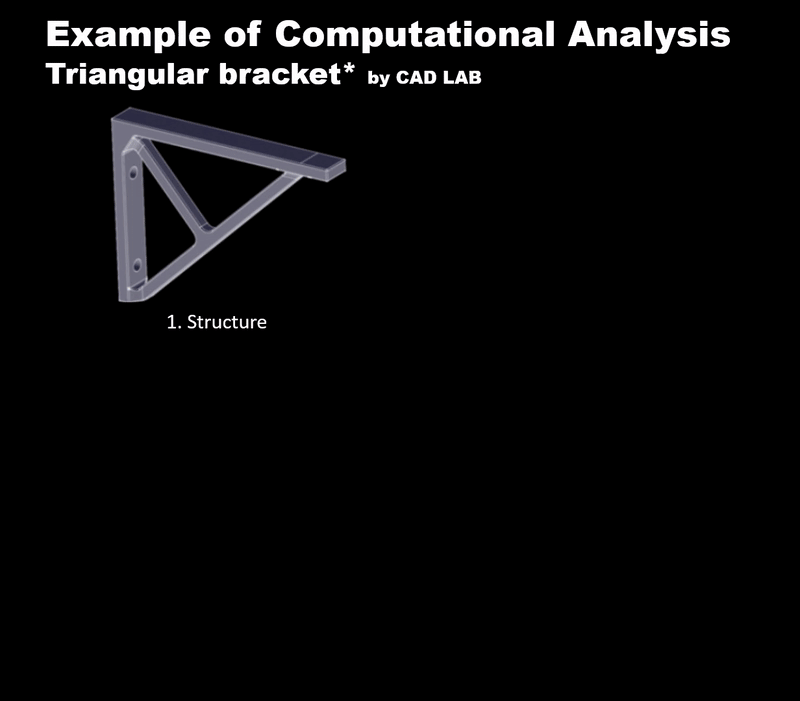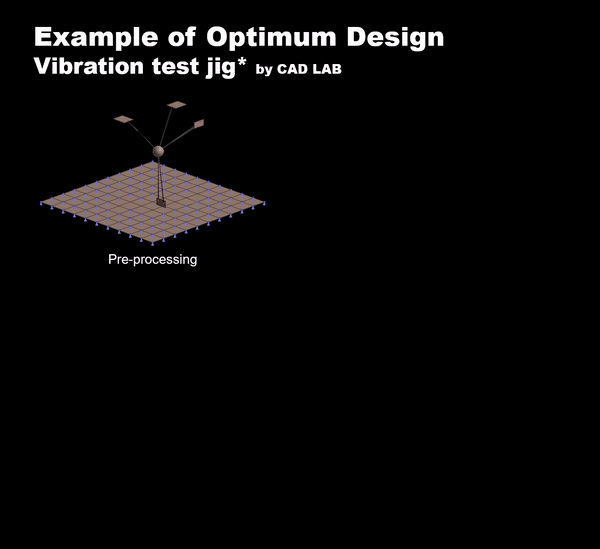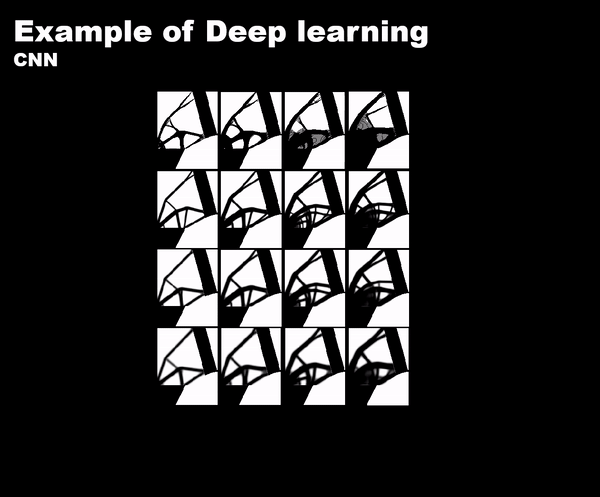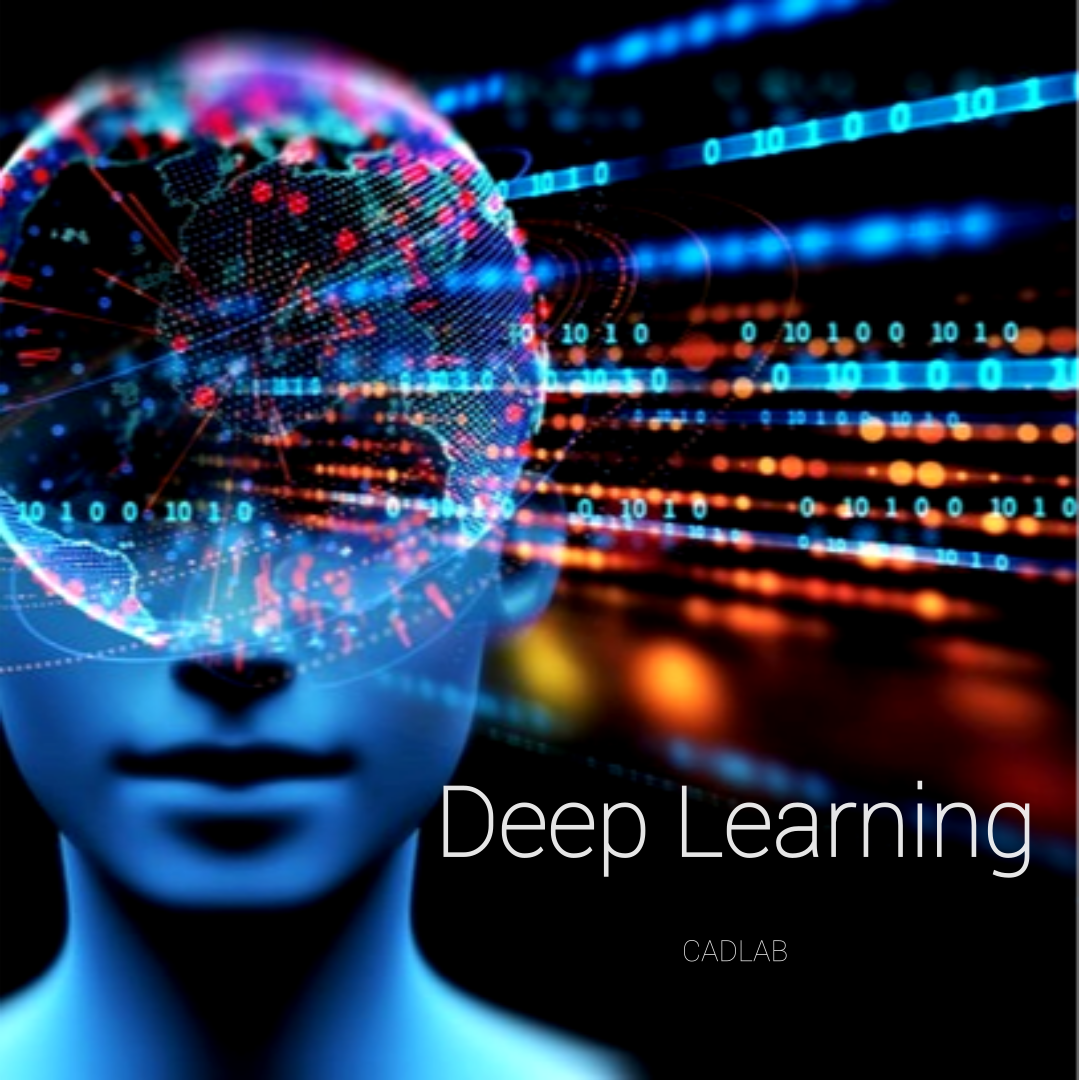Research
Nothing ventured, nothing gained.




Topic 1: Computational Analysis
Computational Analysis is the application of mathematical, numerical, and computational methods to analyze and solve complex problems in various fields. This technology uses computer software to simulate performance to improve product designs or assist in resolving engineering problems for a wide range of industries.
It is a new and rapidly growing multidisciplinary field that applies advanced computational methods and analysis to engineering practice. Since simulation can reduce the number of prototypes, the cost and time of each design iteration cycle and the overall development process can be considerably reduced.
We implement the fundamental principle of multidisciplinary engineering through Computational Analysis. Our research has focused on the key areas in advanced future mobility development and bone structure behavior analysis.
Papers


Topic 2: Optimum Design
Optimum design refers to the process of creating the most effective solution to a problem or achieving the best possible performance of a system or product, given a set of constraints and objectives. It involves balancing different factors, such as cost, performance, reliability, safety, and manufacturability, to arrive at an optimal solution.
Optimum design typically involves the use of mathematical modeling and optimization techniques, such as linear programming, nonlinear programming, and multi-objective optimization. By using these techniques, designers can create more efficient, cost-effective, and reliable products.
We implement the fundamental principle of multidisciplinary engineering through Optimum Design. Our research has focused on the following key areas in bone healthcare, lightweight of future mobility and improving safety.
Papers


Topic 3: Deep Learning
Deep learning is the subset of machine learning that involves training artificial neural networks, which are computing systems inspired by the structure and function of the human brain. Many potential applications for this field exist in the domain of mechanical engineering, including design optimization, complex FEA problem solving, and generative shape design. It also includes the sectors of process efficiency improvement or predictive maintenance.
Deep learning algorithms can handle large volumes of data, which can help them identify complex patterns and relationships that may be difficult for traditional machine learning algorithms to detect. Deep learning models can be trained on one task and then transferred to another, saving time and resources in developing new models. Overall, Deep learning makes it a powerful tool for various applications, from image and speech recognition to natural language processing and robotics.
We implement the fundamental principle of multidisciplinary engineering through Deep learning. Our research has focused on the key areas in advanced image segmentation, resolution enhancement, and Load determination method.
